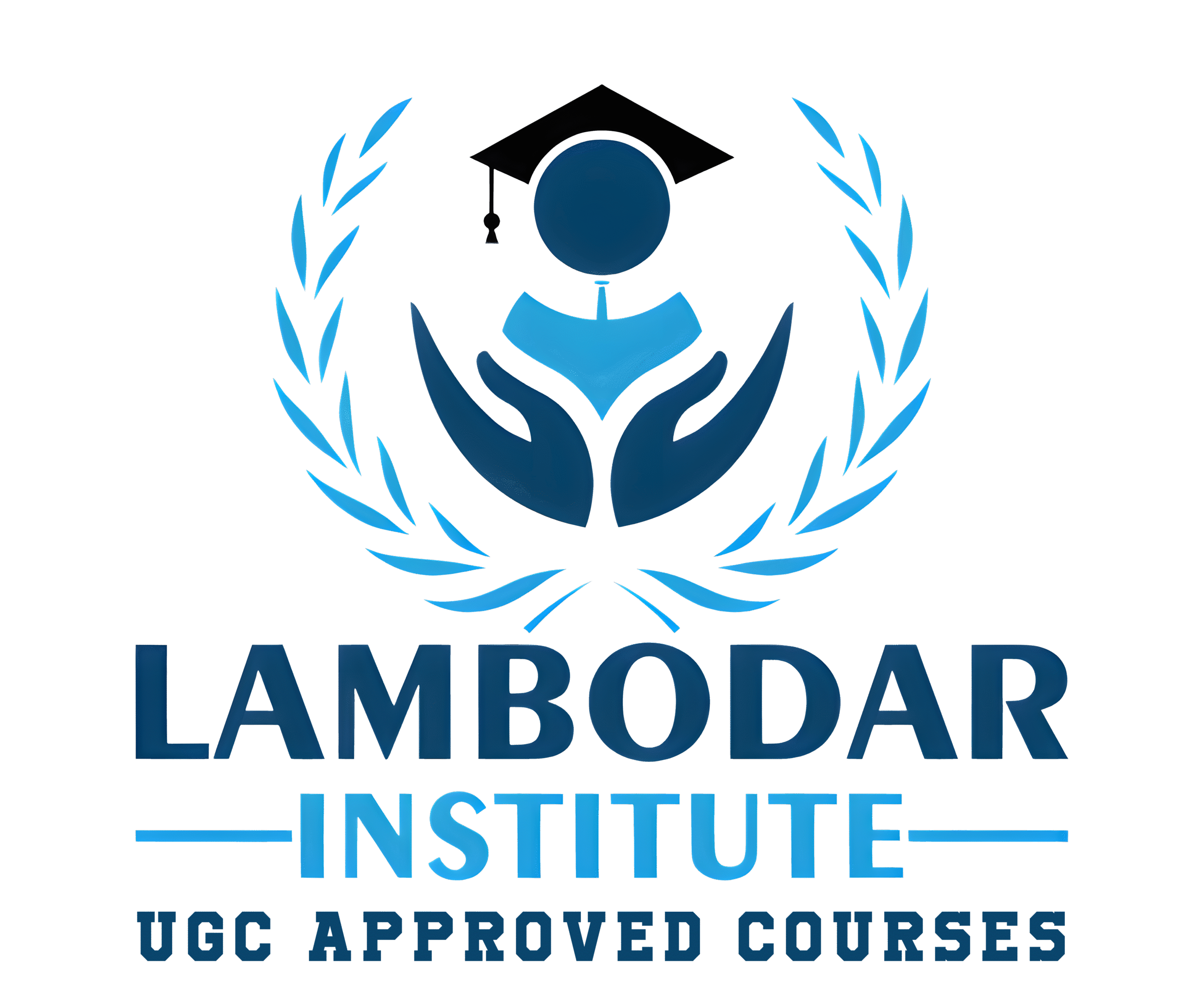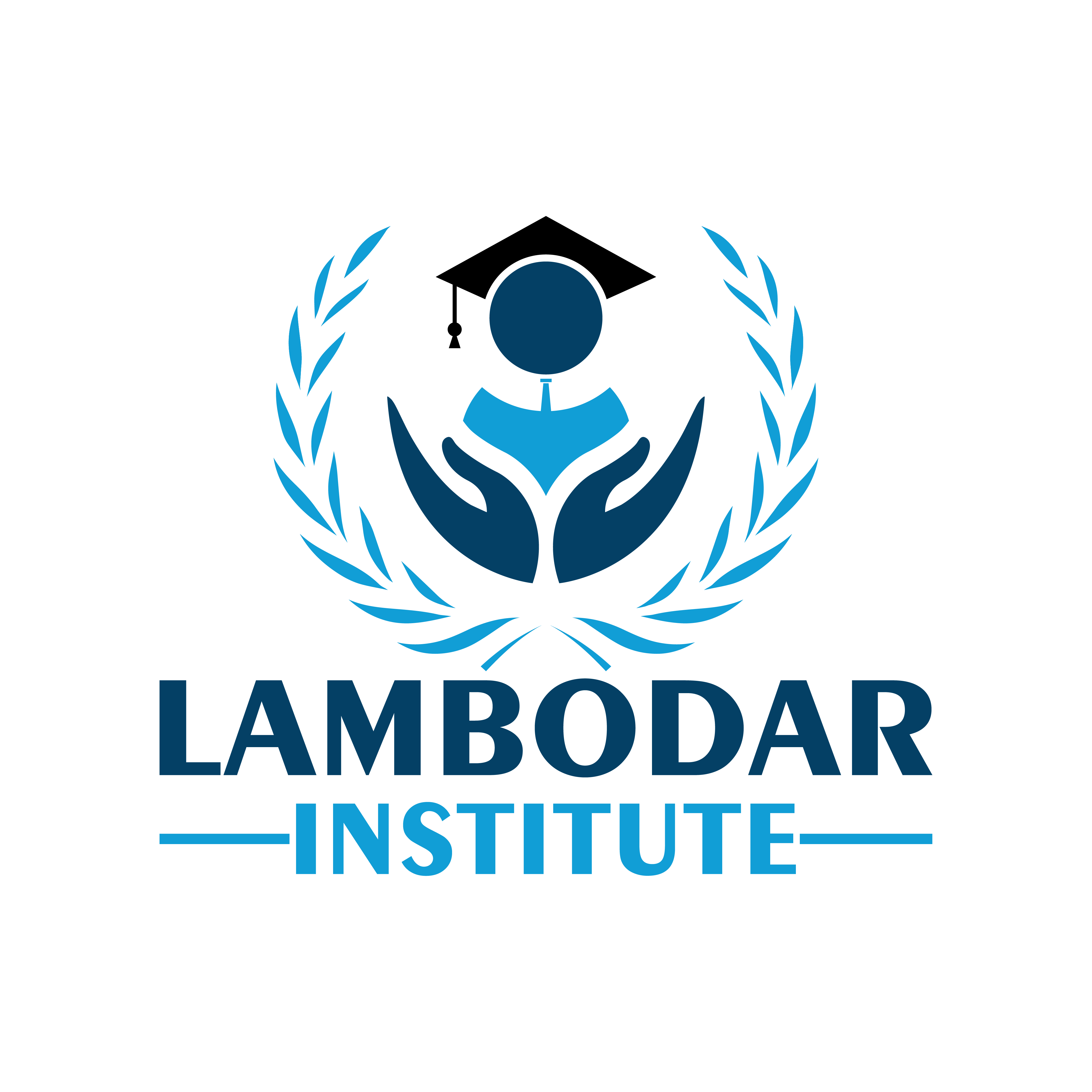The Bachelor of Pharmacy (B. Pharma) program at Lambodar Institute is a four-year undergraduate course designed to develop professionals equipped with the knowledge and skills required to thrive in the pharmaceutical industry. The B. Pharma program focuses on preparing students for a wide range of career opportunities, including roles in pharmaceutical research, drug development, clinical pharmacy, and regulatory affairs. This course serves as a stepping stone for students who wish to pursue advanced degrees or professional practice in the pharmaceutical field.
At Lambodar Institute, we emphasize a blend of theoretical learning and practical experience, ensuring that students are well-prepared to meet the challenges of the healthcare and pharmaceutical industries. Our faculty members, with their industry expertise, provide comprehensive training that covers the latest advancements in drug development, pharmacology, and patient care. We are committed to fostering an environment where students can excel academically while gaining hands-on experience in modern pharmacy practices.
Course Content
1. Human Anatomy and Physiology:
This module introduces students to the structure and functions of the human body, enabling them to understand how drugs affect different organ systems and overall health.
2. Pharmaceutics I & II:
Students learn about drug formulation, the preparation of dosage forms, and pharmaceutical technology. This module covers both the theoretical and practical aspects of pharmaceutical manufacturing processes.
3. Pharmaceutical Chemistry I & II:
This module covers organic, inorganic, and medicinal chemistry, focusing on the chemical composition and properties of drugs. Students also study drug design and synthesis.
4. Pharmacology I & II:
Pharmacology focuses on the effects of drugs on the human body. Students study how drugs interact with biological systems, therapeutic uses, adverse effects, and the safe administration of medicines.
5. Pharmacognosy:
This subject deals with the study of medicinal plants and natural products. Students learn about the identification, extraction, and therapeutic uses of natural substances used in medicine.
6. Pharmaceutical Microbiology:
This module introduces students to the world of microorganisms and their impact on drug formulation and healthcare. Topics include infection control, sterilization techniques, and the role of microorganisms in disease.
7. Biochemistry:
Biochemistry covers the chemical processes within living organisms, focusing on how biochemical reactions influence drug actions, metabolism, and human health.
8. Pharmaceutical Jurisprudence:
Students learn about the laws and regulations governing the pharmaceutical industry, including drug manufacturing, marketing, and ethical practices.
9. Hospital and Clinical Pharmacy:
This module trains students in patient care, drug dispensing, and the role of a pharmacist in a clinical setting. Students also gain experience in healthcare communication and patient education.
10. Internship and Practical Training:
Students undergo practical training in hospitals, pharmacies, and pharmaceutical industries, where they apply their academic knowledge to real-world pharmaceutical practices.
Graduates of the B. Pharma program at Lambodar Institute are well-equipped for careers in the pharmaceutical industry, healthcare, and research, contributing to the safe and effective use of medications in society.




